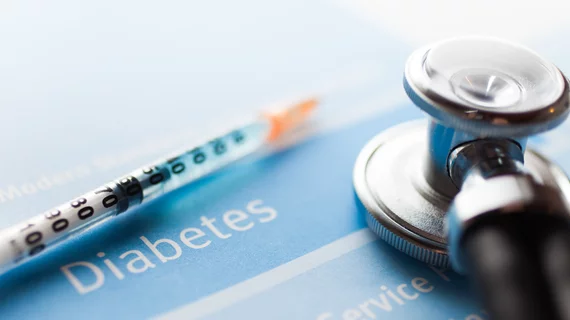Eli Lilly’s half-price insulin hard to obtain
After drug manufacturer Eli Lilly introduced a half-priced insulin product to the U.S. market, patients are having trouble getting the medication, the Financial Times reported.
The introduction of the drug came after drugmakers came under fire for the rapid price increase of insulin, which is a critical medicine for people with diabetes. The sky-rocketing price has gripped headlines and even led to the death of one U.S. man last week after he couldn’t afford his nearly $1,200 per month insulin medicine and switched to a cheaper alternative.
Few patients also seem to be accessing Eli Lilly’s lower-priced option, as only 3% of insurance claims for the company’s insulin were for its generic version, Insulin Lispro, compared to its brand name Humalog, which received 97% of claims.
According to the Financial Times, most pharmacists aren’t aware of the cheaper option. In addition, some insurance providers or pharmacy benefit managers have not listed the drug on their formulary. Because of the lack of access to the drug, some patients have called the introduction of it a “PR move.”
See the full story below:

